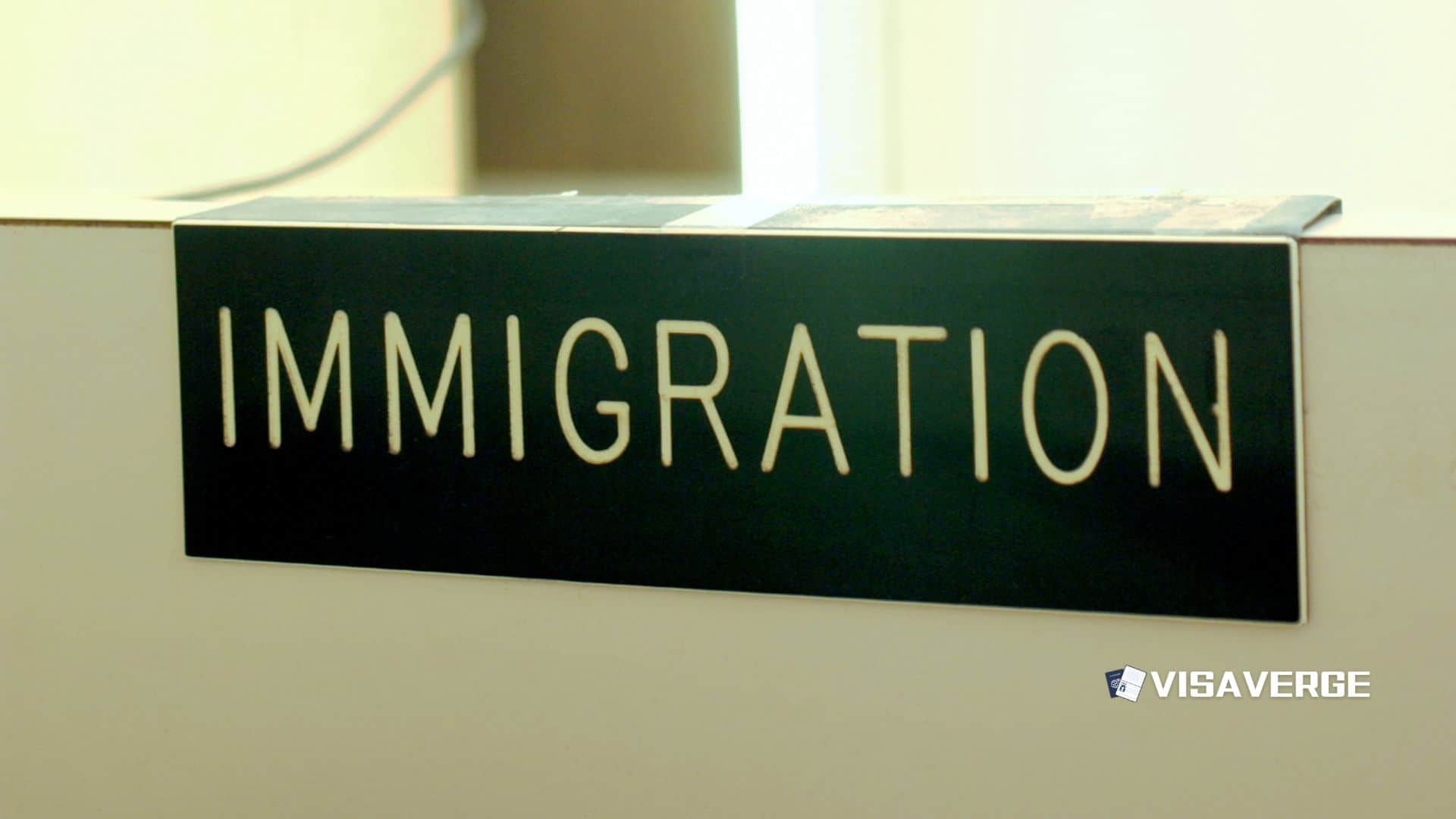A Cautionary Tale: UW International Students Fall Prey to Scam Callers
Imagine starting your educational journey in a new country, full of hope and excitement, only to become a target of a vicious, financially damaging scam. This scenario became a stark reality for two international students from China studying at the University of Washington (UW), who fell victim to an elaborate scam that cost them a heart-wrenching total of $195,000.

The Scams Begin
The insidious trap was laid out in September 2023, when third-year UW student Kara Lin received a call from an individual posing as a Verizon agent. On September 14, the caller accused Lin of involvement in “scam activities or other harassing activities” via her phone. The situation escalated when Lin was transferred to a Mandarin-speaking man impersonating a Chinese police officer, alleging her involvement in a New York bank account scam involving around $500,000.
“They asked me to start [a] video [call] on Skype to show I [was] right there,” Lin recounted.
Caught in the Chinese police impersonation phone scam, Lin was coerced into constant Skype monitoring under the threat of imprisonment in China. She had to report her whereabouts every two hours and could only leave for necessities like school or grocery shopping.
The Financial Toll of the Scam
Lin’s ordeal continued as she was pushed to speak to another impostor, this time pretending to be a Chinese prosecutor, who presented her with a stark choice: return to China for an investigation or pay $200,000 in bail to a fake Independent Commission Against Corruption (ICAC) bank account in Hong Kong. Lin managed to send $50,000 on September 25 before expressing her inability to pay the remaining amount.
A first-year UW student also encountered a similar scam on September 29, where they were accused by a fake Chinese immigration officer of creating a fraudulent bank account and then by another scammer posing as a Chinese police officer of money laundering.
They suffered psychological manipulation, being reminded of familial obligations to pressurize them into compliance:
“My mother raised me alone my whole life, and they said, ‘If you were in prison and your mother doesn’t know why you’re not in school, she will be disappointed,’” the student expressed the emotional leverage used against them.
Ultimately, between September 30 and October 8, this student signed forged legal documents and, under extreme duress, sent wire transfers totaling $145,000 to the scammers.
A Painful Realization
Both students continued to live under the rules dictated by the scammers for months until they began suspecting the legitimacy of their situations. For Lin, the wakeup call came from an article she read in January in the Southern Weekly, discussing similar fraudulent schemes.
Reporting and the Aftermath
When they attempted to report their cases, the University of Washington Police Department (UWPD) claimed it was out of their jurisdiction, and the Seattle Police Department (SPD) expressed a lack of resources to assist. Even reaching out to Chinese police yielded no hope of recovering the losses from the international call fraud.
These incidents offer a hard lesson about the UW international student scam and the dire need for awareness among the international student community. Unfortunately, neither Lin nor the anonymous first-year student has been able to recover any of their lost funds.
Protecting Yourself from International Call Fraud
These stories underscore the increasing necessity for international students to be vigilant and informed about potential scams. Here’s how you can protect yourself:
- Always verify the legitimacy of any accusations through official channels. Never trust caller ID alone.
- Be wary of calls requesting immediate financial transactions, especially if they involve international wire transfers.
- Understand your rights and the legal processes in your host country. The United States Citizenship and Immigration Services (USCIS) provides resources for international students here.
- If you are an international student facing a similar situation, seek advice from your university’s international student office and report the incident to law enforcement.
Recovering from Scam Losses
Recovering losses from international call fraud can be complex and often unsuccessful. However, immediate action by reporting to authorities can sometimes mitigate the damage. If you are an international student, familiarize yourself with the resources provided by your institution for legal and financial emergencies.
For more support, visit:
- The Federal Trade Commission (FTC) webpage on international scams, here.
- The FTCC’s Complaint Assistant can help to formally report fraud here.
Conclusion
These unfortunate incidents serve as a powerful reminder of the vulnerabilities international students can face. It is imperative for students studying abroad to equip themselves with knowledge and precautionary measures to avoid falling prey to such malicious scams. By raising awareness, we can help prevent others from enduring similar financial and emotional anguish.
Learn Today:
Glossary or Definitions
- Scam callers: Individuals who engage in fraudulent activities by making deceptive phone calls to unsuspecting victims with the intention of obtaining money, personal information, or other valuables.
-
International students: Individuals who travel to a foreign country for the purpose of studying at an educational institution.
-
Impersonation: The act of pretending to be someone else, often for fraudulent purposes.
-
Chinese police impersonation phone scam: A type of scam where scammers pose as Chinese police officers and use coercion and threats to extort money or manipulate victims.
-
Skype monitoring: The act of closely observing and tracking someone’s activities on Skype, a communication platform, often done as a means of control or surveillance.
-
Bail: A sum of money or property that is deposited with the court as a guarantee that a person accused of a crime will appear for trial, allowing them to be released from custody.
-
Independent Commission Against Corruption (ICAC): An agency or organization established to investigate and combat corruption in a particular jurisdiction or country.
-
Psychological manipulation: The use of tactics such as emotional leverage, guilt, or fear to influence and control someone’s thoughts, emotions, and actions.
-
Wire transfers: Electronic transfer of funds from one financial institution to another, often used for international transactions, involving the movement of money across different banks or countries.
-
Jurisdiction: The legal authority and power of a particular court or law enforcement agency to hear and rule on a case.
-
United States Citizenship and Immigration Services (USCIS): A U.S. government agency responsible for providing immigration-related services, including processing applications for visas, citizenship, and other immigration benefits.
-
Scam losses: Financial losses incurred as a result of falling victim to a scam or fraudulent scheme.
-
Federal Trade Commission (FTC): A U.S. government agency that works to protect consumers by enforcing laws related to fair business practices and combating fraudulent or deceptive practices.
-
Fraud: Deliberate deception or misrepresentation with the aim of gaining an unfair or unlawful advantage or causing financial or other harm to another person.
-
Precautionary measures: Steps or actions taken to prevent or minimize risks or harm, often in response to potential threats or dangers.
So, remember folks, scams are everywhere, even when you’re pursuing your dreams as an international student. Stay vigilant, verify official channels, and don’t get lured into hasty financial transactions. Take a moment to familiarize yourself with the resources provided by your institution and explore more helpful tips and information on visaverge.com. Stay safe and informed, and let’s ensure that studying abroad remains a rewarding experience for all!
This Article in a Nutshell:
Two University of Washington students from China lost a total of $195,000 in an elaborate scam. The scammers posed as Verizon agents and Chinese police officers, coercing the students into sending money. Unfortunately, the students have been unable to recover their funds. International students should be vigilant, verify calls, and seek advice from their university’s international student office. Reporting scams to the authorities can help mitigate damage.













